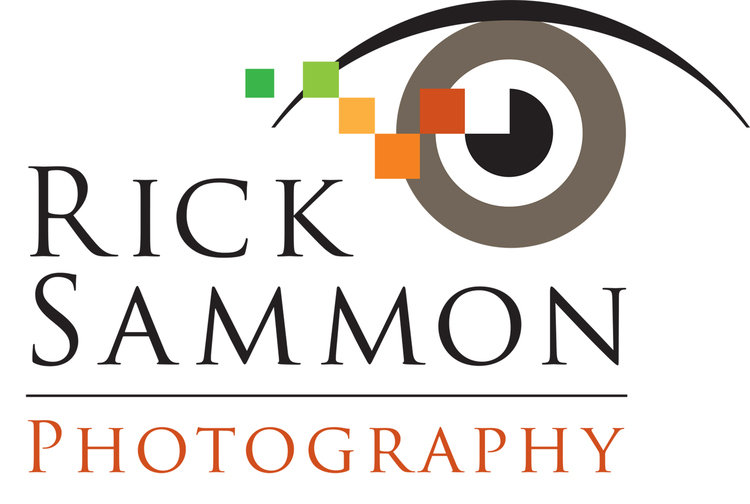Reinier Munguia will be a guest speaker/workshop leader on my Florida Photo Caravan next week! He will be with us for part of our Merrit Island stop. Awesome.
The Caravan is sold out. But there are a few spots open at my Exploring the Light seminar in Ft. Lauderdale on January 27.
• • • • •
In my 20 years as a commercial photographer, I haven't found a subject to shoot that gives me the joy that nature does. It's not only beautiful; it is also unexpected, wild and challenging. I spent my first years shooting assignments for books on reptiles and amphibians, which meant working long hours in the field.
Over the years, you learn that when shooting wildlife, every subject presents its own new set of challenges, a never-ending learning curve. My most important achievement has been to create awareness about the challenges that nature faces every day. From a conservation and educational standpoint, these images are those that send the message across. While they may be gruesome or sad at times, they leave the viewer reflecting on important topics. I have taken these important messages to schools and organizations and the general public by means of images and presentations.
A well accomplished nature photographer should be well versed in his/her subjects to be able to recognize any negative impact in time. When combined, ethics and good photographic techniques can lead to successful natural history images. I've been teaching photography workshops now for well over 10 years, and if there's one thing I want my students to learn, it is the respect that nature deserves.
There are many times in which you embark on a trip in search of one particular shot; well, you know how that works. At times you come back empty handed. But my philosophy has changed greatly over time and instead of focusing all my efforts on getting this one shot, I take the time to observe. There may be something far more important happening nearby, and I don't want to miss it. The most common challenge I face in the field is the uncooperative subject, be it a bird, mammal, reptile or amphibian - it does not matter. Give yourself and your subject enough time to get used to each other. I have seen many shots go to waste when my trigger-happy students shot too early and their subject flushed the scene. It has happened to me, too. Patience, patience, patience.
Working in the tropical rainforest presents many challenges including fogged lenses, low light, insect bites and venomous snakes, but after a while you learn how to deal with all of these challenges. In general, early morning or late afternoon light is the most favorable condition for shooting wildlife, except in the rainforest in which case you take whatever you can get, and the flash becomes your best friend. I like to adjust my flash exposure to reduce the unnatural look that flash can produce at times as much as possible.
The most important thing to consider is the balance between available light and the flash output. If flash takes over the available, then you get that flashy look. Slow down the shutter speed to allow your ambient light to add enough to the exposure.This at times means having a sturdy tripod to hold a large 400mm f2.8 lens to shoot a sloth in the canopy as your shutter speed dips below the focal-length reciprocal. Carrying all this weight through the jungle is part of the sacrifice we make as nature photographers, and when the weight exceeds 50 pounds, sure you want to quit. But this passion you have developed in capturing all these images won't let you down. At day break you pack all your gear once more, and head out the door to see what nature has saved for you.
In time your appreciation for all these living things we call nature will consume you bit by bit in a good way. You'll find yourself engulfed in a never ending battle to save what you have come to love so much. That same thought should be on every nature photographer's mind. This love for nature has taken me very far. Today I'm involved in many conservation projects and have committed my time to teach others the value of nature.
Bio: Reinier Munguia is a commercial/nature photographer based in Lakeland, Florida. His work has appeared in several publications including textbooks and magazines. Reinier has been the President and teacher of the Polk County Camera Club for the past 5 years, where he has been educating amateur photographers not only in the proper use of their equipment but also in the ability to self- evaluate their work.
His passion for nature has taken him to become an advocate for causes related to the protection of species. He has also taken time to become a presenter at schools all over the state of Florida to help the future generations understand and appreciate better the beautiful things that nature provides us.
In the past year, Reinier has also taken the role of Vice-president of education for the local Audubon chapter, where he has been doing multiple presentations for the public to educate about the importance of conservation and appreciation of our natural world.
Wanting to explore more of that world has led Reinier to organize trips out of the state and country to take photographers that want to learn more about photography and about how he gets those amazing shots. Places like the Caribbean, Costa Rica and Galapagos have become new areas to explore and take his message of nature conservation.
Website: wildstockphotos.com
email: rmung@wildstockphotos.com
